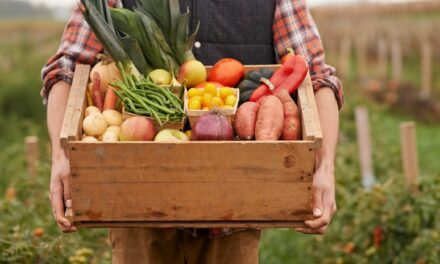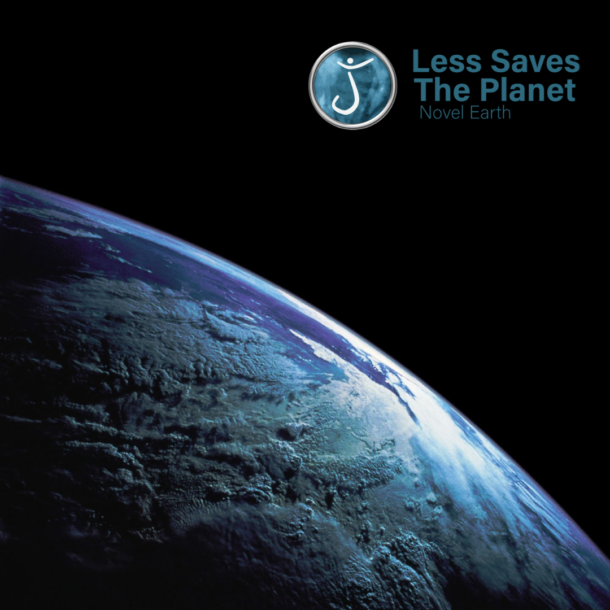
PREAMBLE

A tale from the East
Foreword
As a very young boy, the story of Joseph, son of Jacob and viceroy of Egypt, made a profound impression on me. Its influence has persisted throughout my life and its full meaning is realised today, 3,600 years later.
It is a veritable eastern fable. The key to the story lies in Joseph’s interpretation of one of Pharaoh’s dreams. None of Pharaoh’s counsellors can make sense of this dream but a high dignitary who has spent time in prison remembers that, while there, a slave deciphered one of his dreams and his prophecy came true. Joseph is brought before Pharaoh who recounts the dream tormenting him.
“Suddenly there came up out of the river seven cows, fine looking and fat; and they fed in the meadow. Then behold, seven other cows came up after them out of the river, ugly and gaunt, and stood by the other cows on the bank of the river. And the ugly and gaunt cows ate up the seven fine looking and fat cows. He slept and dreamed a second time; and suddenly seven heads of grain came up on one stalk, plump and good. Then behold, seven thin heads, blighted by the east wind, sprang up after them. And the seven thin heads devoured the seven plump and full heads. So Pharaoh awoke, and indeed, it was a dream. Now it came to pass in the morning that his spirit was troubled, and he sent and called for all the magicians of Egypt and all its wise men. And Pharaoh told them his dreams, but there was no one who could interpret them for Pharaoh[1]”.
Joseph interpreted Pharaoh’s dream by prophesying that seven years of abundance will be followed by seven years of famine and scarcity caused by drought. He warns that measures must be taken immediately to prepare for the coming catastrophe.
Pharaoh, convinced, makes Joseph viceroy of Egypt to implement the policy he is proposing. And when the climatic catastrophe strikes, the precautions taken by Joseph are what makes it possible to save Egyptian civilisation.
We are currently facing the biggest problem of this century.
The growing problem of our planet’s destruction.
For decades now, we have been destroying everything we have built over several millennia.
The melting of the ice caps causing flooding, rising sea levels, droughts which have dramatic consequences in terms of food shortages and famine, in addition to greenhouse gases, deforestation and waste that is polluting more than we can imagine….and we all know it. There is no longer room for climate scepticism. Mankind’s responsibility regarding climate change has become patently obvious.
The year 2017 was one of the hottest on record according to a report published in August 2018 by the American Meteorological Society[1]. Moreover, by August 1, 2018, humanity had consumed all of the resources that the Earth is able to regenerate in a year. After this “overshoot day”, the date of which is calculated every year by American NGO, Global Footprint Network, we are irreversibly depleting the Earth’s natural resources (these being non-renewable on our human time-scale).
This date is getting earlier and earlier. Last year it was August 2, this itself being three whole months earlier than its 1978 date of November 1.[2]
The question now is whether we will be able to manage the disruption that this climate change will bring. In several countries already, people are organising and mobilising extensively to find solutions.
When you inform people, you give them power, and citizen involvement influences the policy of a great many governments. The use of resources before they disappear is a fundamental issue.
One of the best ways to mitigate future climate issues is to reassess our consumption patterns and way of life.
The big solution is to change our diet and our habits.
We already know this: the Paris agreement brought nations together for the first time to achieve a common goal, even though the goal in question remains hard to attain today. We have reflected and can help accomplish this mission in an area we know and understand well: hospitality and catering. We are leading by example and helping other professionals make the transition that we are advocating in this book, before it is too late.
What we are thus proposing are original, tangible solutions that are easy to apply and that we hope will kindle a genuine and unifying optimism.
Fadi Joseph Abou
1 The Bible, Genesis 41
2 Blunden, J., D. S. Arndt, and G. Hartfield , Eds., 2018: State of the Climate in 2017. Bull. Amer.Meteor. Soc.















